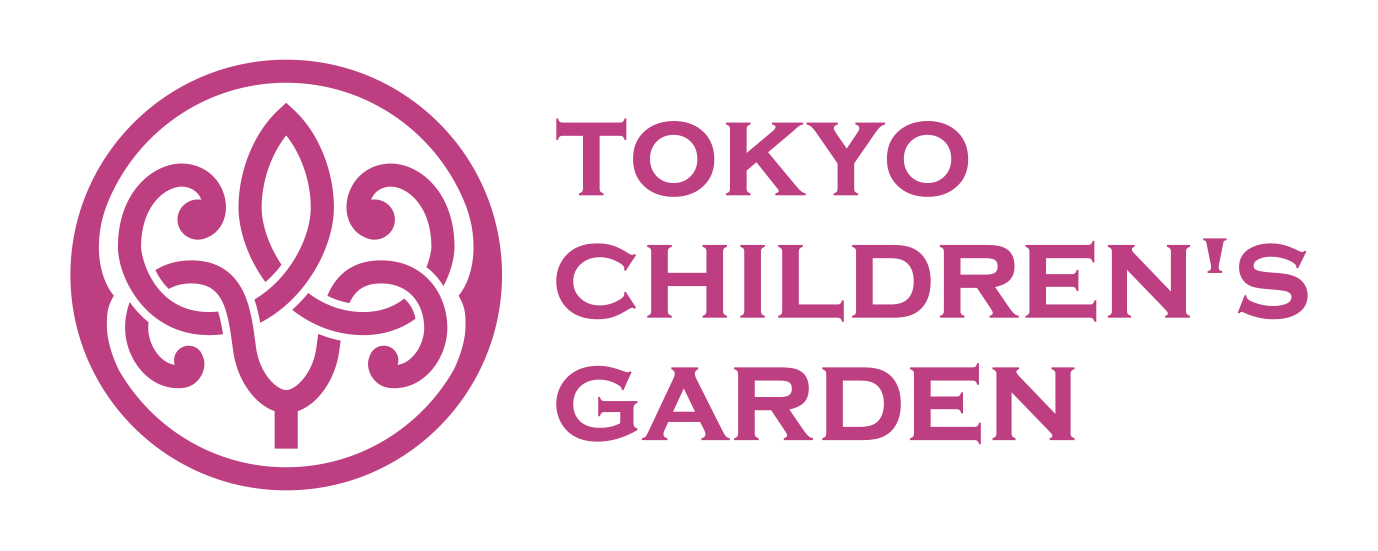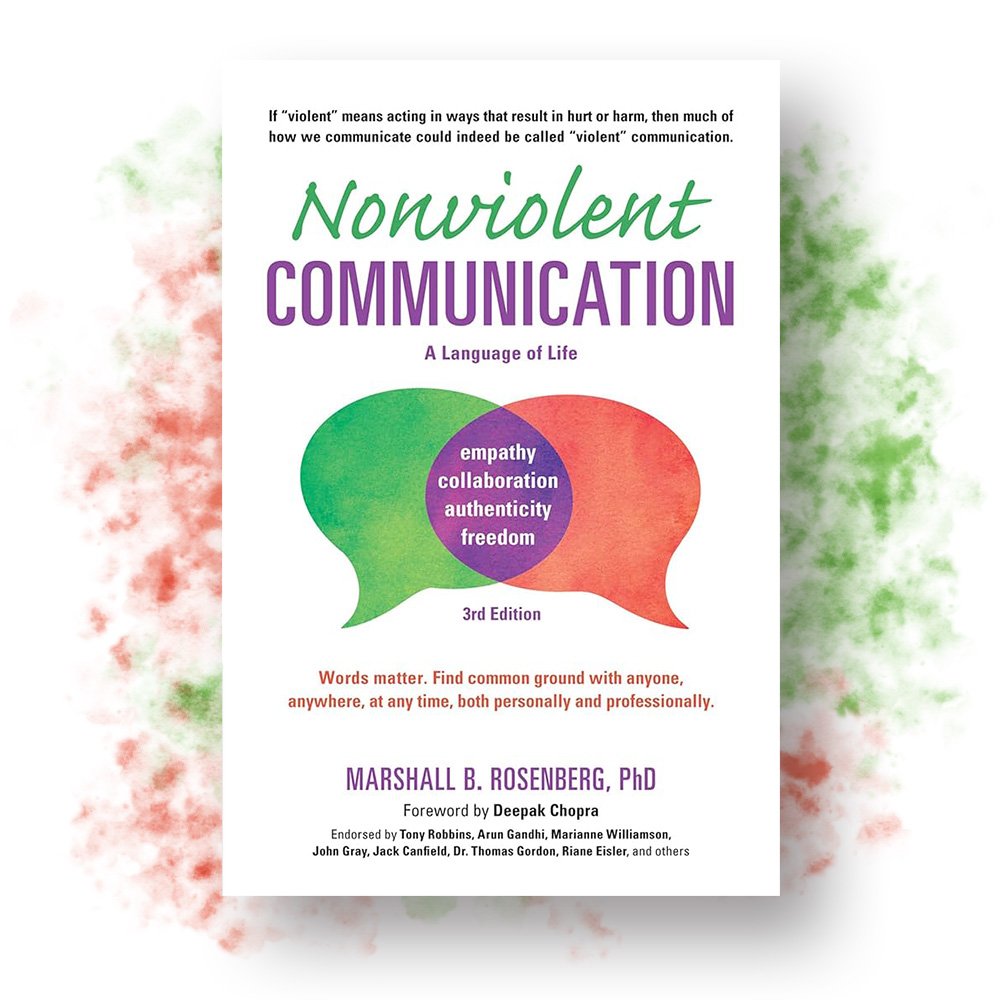Our Philosophy
Social/Emotional Learning
At TCG we understand the importance of developing our children’s social/emotional skills. From learning to resolve conflicts to acquiring a growth mindset to help them persevere even when things are challenging, we use many tools and methods to support each of our children in developing meaningful relationships.
The most important aspect of helping children develop their social emotional skills is to create a positive psychological space where children feel empowered to take risks, try new things, persevere when things are challenging, collaborate with others, talk about their feelings, and create amazing things.
01
Daily Stories
At TCG, teachers write Daily Stories not as assessments, but as ‘love letters’ capturing meaningful moments from the day. These stories help children develop emotional language, self-esteem, and confidence, reinforcing that they are seen, valued, and appreciated.
Teachers read, record, and share these stories, allowing children to hear their teachers' voices and relive special experiences. This practice strengthens their sense of connection and belonging, supporting both emotional and language development.
02
Conversations
In our language-rich school, conversations happen everywhere—among children, between teachers, and with parents. By openly sharing our thoughts, feelings, and emotions, we help children develop the emotional language they need to understand and regulate their own feelings.
03
Listening Patience
Listening patiently helps children take turns, build empathy, and stay focused. It encourages thoughtful conversations and strengthens relationships, creating a more respectful and connected environment.
04
Open Dialogue
At TCG, we embrace Open Dialogue, a communication approach developed in Finland in the 1980s to foster trust, understanding, and connection. By creating spaces where every voice is heard, we encourage children, teachers, and parents to listen, reflect, and explore solutions together, strengthening relationships and community.
05
I Can Problem Solve
ICPS equips children with the language and skills to resolve conflicts independently. Recommended by Professor Felicity Crawford (Boston University), the program’s interactive, game-based method supports practical learning. In our international environment, ICPS provides all children—regardless of language background—with a consistent framework for communication, problem-solving, and collaboration.
06
Mindfullness
We use mindfulness throughout the day to bring focus and unity, especially before meals or morning meetings. It also helps calm high emotions and energy, creating a space where children can communicate and collaborate effectively.






